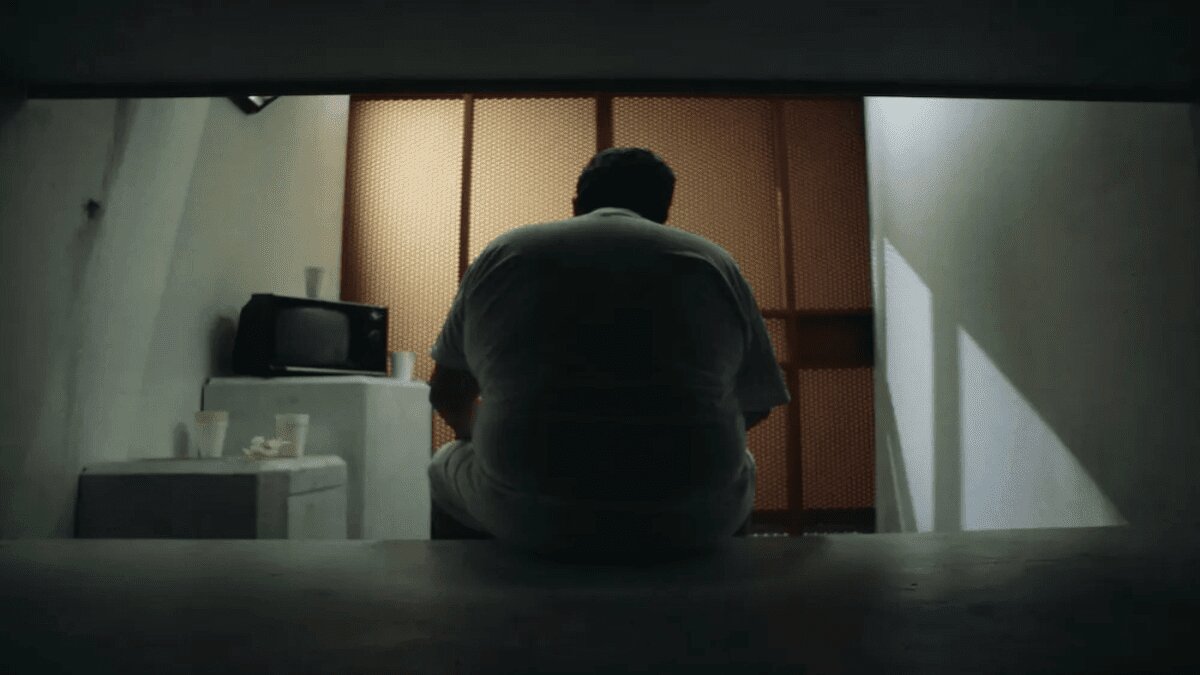In the realm of corrections, solitary confinement is often considered a measure of last resort, reserved for the most dangerous offenders. However, the documentary “The Strike” sheds light on a disturbing reality at Pelican Bay State Prison, where inmates were subjected to decades of isolation, sparking a wave of protests that ultimately led to reform.
Directed by JoeBill Munoz and Lucas Guilkey, “The Strike” offers a poignant exploration of the long-term effects of solitary confinement and the resilience of those who endured it. Premiering at Hot Docs, the film provides a polished and informative overview of the protests both within and outside the prison walls that brought attention to the abusive policies in place.
Pelican Bay State Prison, established in 1989, was initially heralded as a model institution designed to house the most challenging inmates. However, as tensions escalated within the overcrowded facility, officials resorted to isolating inmates in the Security Housing Unit (SHU) for extended periods, sometimes spanning decades.
The documentary highlights the arbitrary nature of identifying gang affiliation, which often led to individuals being unjustly confined to solitary. Interviews with Pelican Bay veterans who endured years of isolation paint a harrowing picture of the mental and emotional toll it took on them, describing it as an “intense mental battle” and resigning themselves to “death in a windowless concrete box.”
Despite some criticism for its advocacy tone, “The Strike” effectively captures the plight of inmates and the efforts to challenge the inhumane conditions they faced. The film chronicles the hunger strikes of 2011 and 2013, which brought attention to the demands for basic rights and better conditions within the prison.
While legislative change seemed slow to materialize, a lawsuit eventually forced reforms, leading to the release of thousands of inmates from solitary confinement. The documentary underscores the importance of collective action, involving inmates, activists, journalists, and politicians, in driving systemic change.
Although “The Strike” may not fully convey the grueling nature of solitary confinement, it serves as a powerful reminder of the human cost of punitive measures in the criminal justice system. By emphasizing the need for compassion and human contact, even in the prison environment, the film advocates for a more humane approach to incarceration.
As the documentary concludes with a sobering reminder that thousands of individuals are still held in solitary confinement, it calls attention to the ongoing need for reform and the preservation of human dignity within the justice system. “The Strike” serves as a compelling testament to the resilience of the human spirit and the pursuit of justice in the face of adversity.


